Oakland’s culture of apathy is costing us all
City’s lack of responsiveness to its citizens – and apathy toward doing its job – has cost it and Oakland residents dearly.
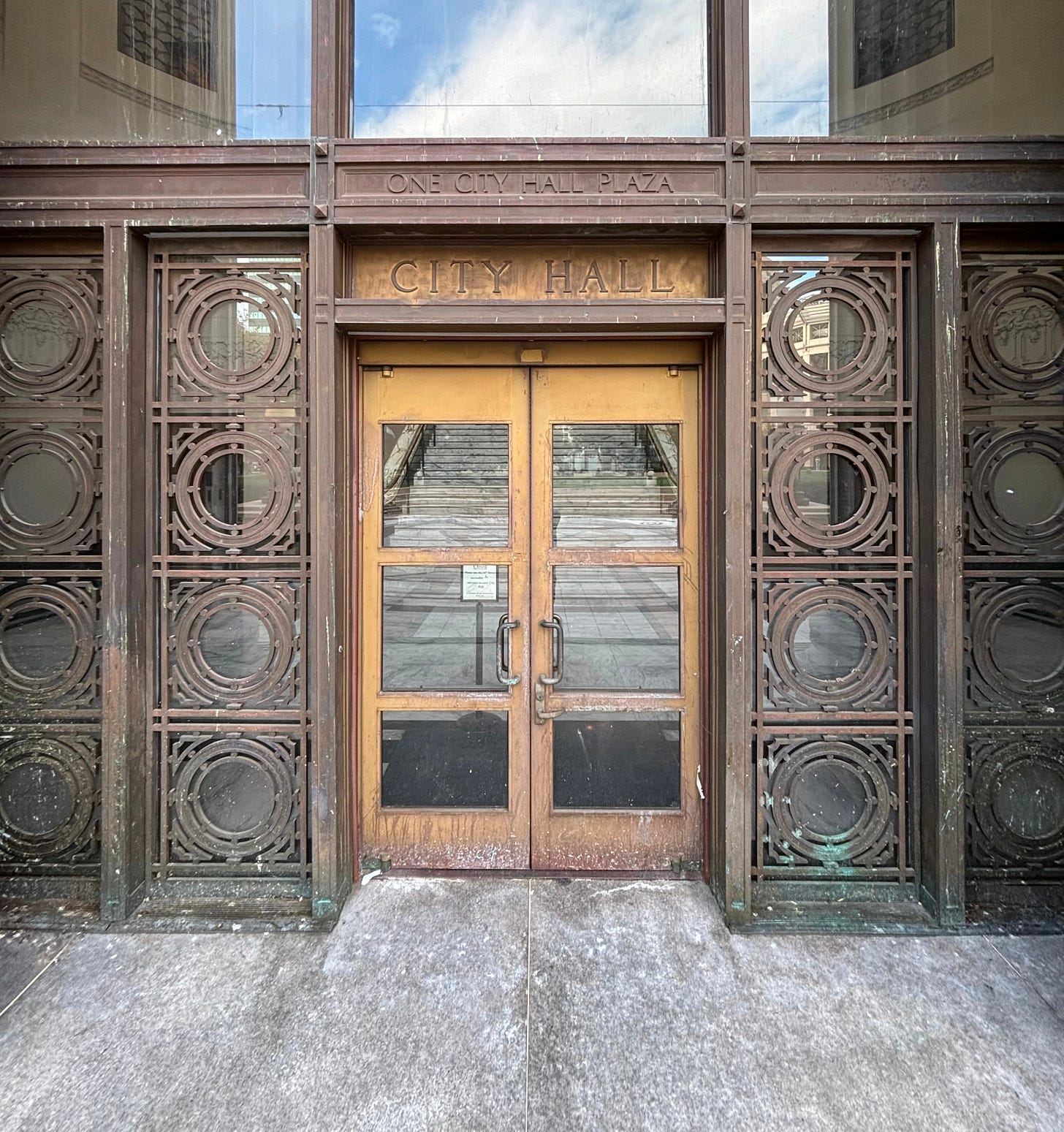
I recently resigned from Oakland’s Privacy Advisory Commission. Officially, I’m stepping down to care for my family. But that’s only part of the story. The deeper reason for my resignation is this: in more than 20 years working in technology, and two-and-a-half years serving on a city commission, I have never seen a public institution operate with the level of apathy, opaqueness, and dysfunction that I’ve encountered at Oakland City Hall.
Oakland Report encourages guest commentary submissions (articles, letters, comments, ideas, research) from our readers in Oakland and neighboring communities. See our editorial guidelines to learn more.
City’s non-responsiveness to its citizens and apathy toward its work product is counterproductive and self-defeating
This commentary isn’t about the political left versus right, or staking out a position on a political issue. It’s about a city organization that seems to lack interest in doing the basic functions of its job for the people it serves – the people who are the only reason the city organization exists: Oaklanders.
The Privacy Advisory Commission (PAC) is comprised of Oakland residents who are appointed by city council to provide citizen input and oversight of an important aspect of governance: protecting Oaklanders’ privacy in an age of rapid advances in surveillance technology. While commissioners are all volunteers, we were charged with what we believed was an important civic responsibility:
“The Privacy Advisory Commission provides advice to the City of Oakland on best practices to protect Oaklanders’ privacy rights in connection with the City’s purchase and use of surveillance equipment and other technology that collects or stores our data.”
– from the Privacy Advisory Commission purpose statement1
In practice, we often were asked by city staff to accept or recommend complex initiatives and documents without complete information — some were missing details, some with no legal review, and some with no technical review. There was a feeling that we were expected to move things forward because the agenda said so, and because staff wanted us to do so, not because the work was truly ready.
For example, earlier this year the PAC was asked to accept a contract for services from a surveillance technology vendor, Flock Safety, that has had documented failures to adequately protect sensitive user data in the past. Upon review, it was noted that the contract presented to us appeared to be a generic boilerplate that lacked important Oakland-specific details related to local ordinances and regulations that have bearing on the contract terms.2 In short, the contract was not the final version.
When commissioners asked about the lack of specificity in the contract, staff indicated that they would fill in the details with the vendor after the commission accepted it.
While the committee members are all citizen volunteers, there were a number of us with professional expertise in this area, and we had a charge from our city council to perform our due diligence on this contract, as with all the others that we were tasked to review. Accepting a legal contract without seeing the specific terms did not seem appropriate nor best practice.
Because the work of reviewing and offering advice on the contract details was technical and time-consuming, the PAC formed an ad hoc subcommittee to do that work then report back to the full commission. The ad hoc subcommittee performed its work and developed a set of recommended changes, including to seek a legal opinion from the city attorney’s office — standard operating procedure for complex legal documents. Yet months later we were informed that the recommendations had not been reviewed by the city attorney.
More months went by. At the September 4 meeting, the PAC was again presented with the boilerplate contract, with no changes to add the Oakland-specific details we recommended.3 We were informed that the city attorney’s office had performed its review (months after we requested it). And we were again informed that the Oakland-specific details would be added to the contract after the commission accepted the boilerplate.
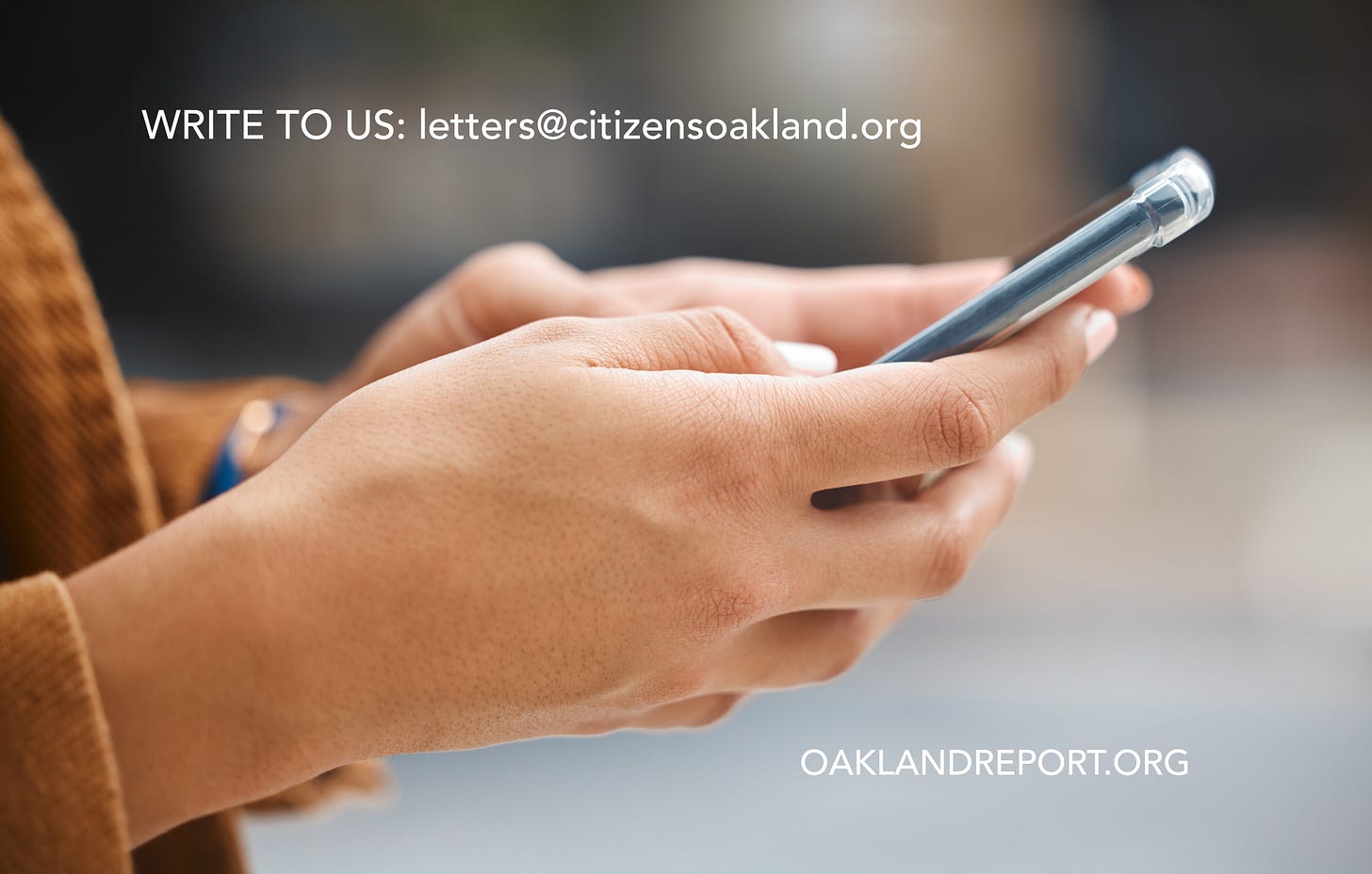
Financial consequences are dire, yet avoidable
The financial consequences of this approach to contract review are enormous. Oakland has paid out millions of dollars in lawsuits and settlements, many of them avoidable with basic preparation, transparency, and risk management. The coal lawsuit,4 the fallout from the ransomware attack,5 and a long list of other liabilities all flow from the same source: a city government that lurches from crisis to crisis, then writes a settlement check rather than investigating how it got there and then correcting course.
As someone who served on an advisory body, it’s demoralizing. As a taxpayer, it’s infuriating. The city is staring at an increasingly dire budget structural deficit, yet there appears to be very little sense of urgency around changing the underlying behavior that keeps putting the city — and by extension, its citizens — in legal and financial jeopardy.6
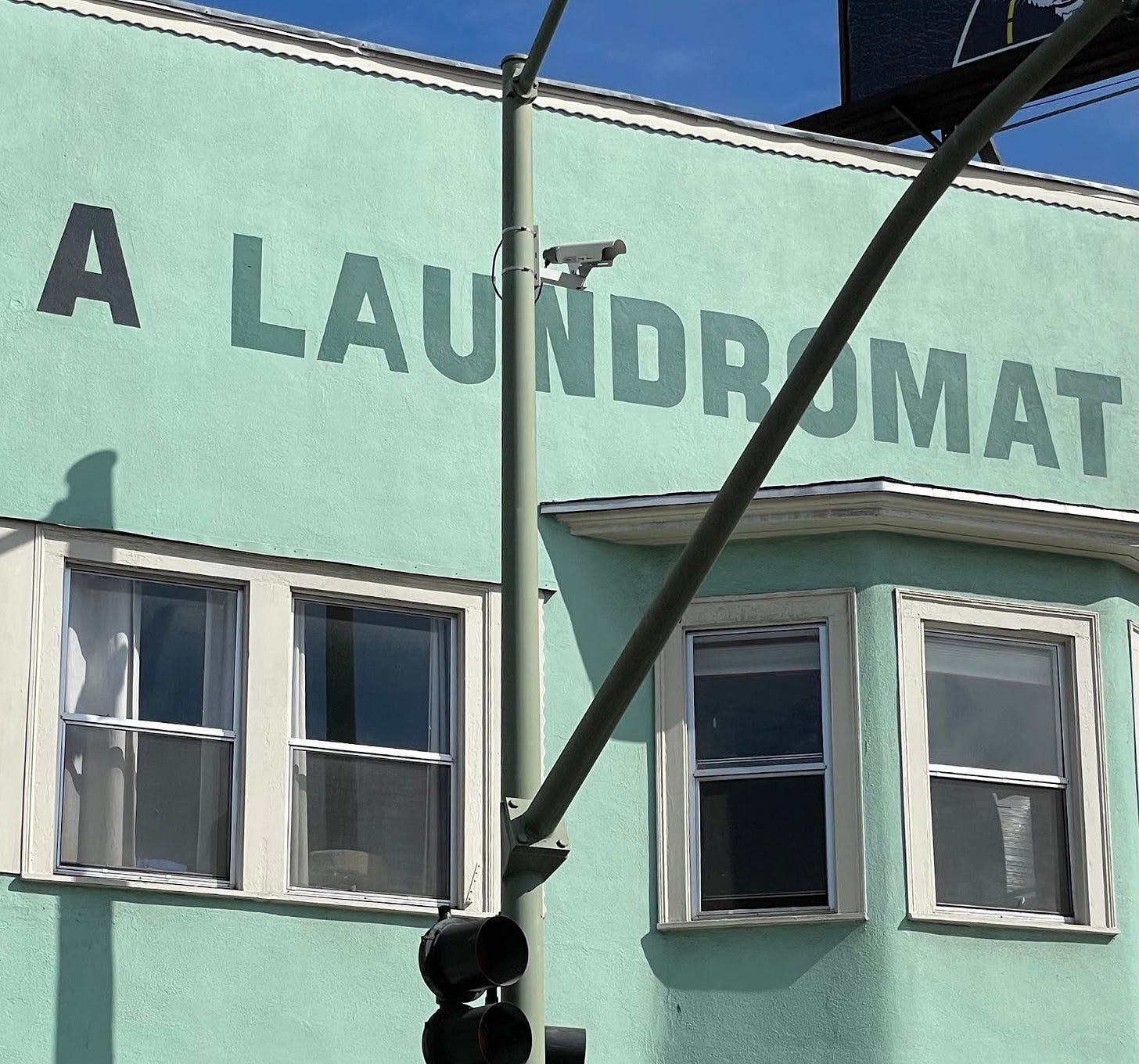
Trust us: City’s apathy extends to data safety
How a city collects, shares, and safeguards data is not an abstract concern. It touches civil liberties, public safety, vulnerable communities, and long‑term liability in the real world. The city created a citizen commission in recognition of the gravity of these concerns.
Unfortunately, in practice, the PAC was often given technology and data‑sharing proposals that lacked basic information: clear purpose limitations, retention policies, security details, or strong legal frameworks.
For example, the city currently has a network of nearly 300 automated license plate reader (ALPR) cameras at key intersections across Oakland.7 Their purpose is to capture and use digital evidence from these cameras to assist law enforcement with real-time alerts and hotlists of vehicles to help investigate and prevent crime.
Unfortunately, some of these systems appear not to have sufficiently robust safeguards to prevent unauthorized access to the sensitive data they contain. For example, one researcher published a study in which they wirelessly connected to a Flock Safety ALPR and planted footage that could generate a false hit coming up on the hotlist.8 The vendor responded by posting a customer advisory addressing the researcher’s findings and registering the vulnerabilities with a national database.9
Members of the PAC, myself included, expressed these concerns and asked for city staff to conduct due diligence from technical and legal perspectives to strengthen the safeguards, protect sensitive data, and mitigate risk to the city.
These concerns are not merely academic. In 2021, the chair of the PAC filed a lawsuit against the city that alleged that the police department allowed the FBI to access license plate data in violation of city and state sanctuary laws.10 That lawsuit was ultimately settled for $30,000 in the plaintiff’s favor, avoiding any adjudication of the lawsuit’s claims.11
See this related article:
None of the recommendations were incorporated into the version of the contract we were shown and asked to accept. The staff was aware of the PAC’s concerns about potentially violating the sanctuary laws. Yet staff again presented the master services agreement boilerplate without addressing this Oakland-specific consideration.12
In another example: at its November 6 meeting, the PAC discussed a report on the city’s illegal dumping enforcement program, which involves outdoor surveillance cameras.13 According to staff, the program costs taxpayers $252,000 annually and resulted in 172 illegal dumping tickets issued during one year.
I asked the staff what I thought was a simple and straightforward question: “How much revenue did the City collect from these tickets?” The staff responded that they did not know, and explained that it would be “hard to find out.” I pivoted to asking another basic question: “Was there a reduction in illegal dumping tonnage?” Again, the staff offered no clear answer and indicated that they did not have that information.
Changing the outcomes requires changing the city’s organizational culture
My experience on the Privacy Advisory Commission has left me with this insight: until the City of Oakland confronts its organizational culture of apathy — its lack of accountability, its resistance to transparency, its habit of ignoring residents until problems become crises — it will remain at a disadvantage to make progress on solving even basic problems the city and its citizens face.
See this related article:
Regardless of one’s personal politics, the fact is that a city exists to deliver fundamental services to its residents — infrastructure, safety, sanitation, protection and stewardship of public resources for the public good.
Oakland doesn’t lack passion, ideas, or community engagement. It lacks a city government that can consistently demonstrate the basic functions of responsible governance: communication, due diligence, follow‑through, and a serious commitment to reducing risk and preventing harm instead of merely paying for it later.
Until those foundations are fixed, we will keep seeing the same headlines, the same lawsuits, and the same shrugs from City Hall.
The views expressed in Perspectives commentaries do not necessarily reflect the views of Oakland Report or its contributing authors.
ABOUT THE AUTHOR
Sean Everhart has spent the past two decades working across software and hardware technology. Sean believes technology is an incredibly powerful force, and that we have a responsibility to approach it with humility, intention, and care for the people it affects. He has deep roots in California, and has called Oakland home for the past 11 years. “I genuinely love this town. Its energy, creativity, and sense of community shape how I show up in my work and life.”
[Correction: The original version of this commentary cited the wrong date for PAC’s discussion of the illegal dumping camera program. That discussion was on the Nov. 6 agenda, not the Oct. 2 agenda. The date and footnote have been corrected.]
Privacy Advisory Commission. City of Oakland. Accessed Nov. 20, 2025. https://www.oaklandca.gov/Government/Boards-Commissions/Privacy-Advisory-Commission
Flock Safety. “Default Master Services Agreement.” Jan. 11, 2024. https://www.oaklandca.gov/files/assets/city/v/1/public-meetings/privacy-advisory-commission/2025/flock_defaultmsa_090225.pdf
City of Oakland. “Privacy Advisory Commission Meeting Agenda.” Sept. 4, 2025. https://www.oaklandca.gov/files/assets/city/v/1/public-meetings/privacy-advisory-commission/2025/special-meeting-09-04-25-privacy-advisory-commission-agenda-packet.pdf#page=103
Reinhart, Sean S. “Oakland could pay $674 million in damages in disastrous coal terminal lawsuit.” Oakland Report, Oct. 29, 2025. https://www.oaklandreport.org/p/oakland-set-to-lose-up-to-674-million
Alder, Steven. “City of Oakland Agrees Settlement to Resolve Class Action Data Breach Lawsuit.” The HIPAA Journal, May 7, 2025. https://www.hipaajournal.com/oakland-ca-class-action-lawsuits-ransomware-attack/
Gardner, Tim. “Oakland’s 2024-2025 budget squanders the city’s future.” Oakland Report, June 18, 2024.https://www.oaklandreport.org/p/oaklands-2024-2025-budget-squanders
Oakland CA PD Transparency Portal. Flock Safety. Accessed Nov. 22, 2025. https://transparency.flocksafety.com/oakland-ca-pd#:~:text=The%20Oakland%20Police%20Department%20(OPD)%20uses%20Flock,people%2C%20gender%2C%20race%20*%20**Acceptable%20use%20policy**
Gaines, Jon. Examining the Security Posture of an Anti-Crime Ecosystem. GainSec Research, v1.2PR Public Release, 2025. https://github.com/GainSec/anti-crime-ecosystem-research
Response to Compiled Security Research on Flock Safety Devices. Flock Safety. Nov. 6, 2025. Accessed Nov. 22, 2025. https://www.flocksafety.com/blog/response-to-compiled-security-research-on-flock-safety-devices
Sciacca, Annie. “Lawsuit Says Oakland, Calif., PD Ignores Surveillance Policy.” Government Technology, Sept. 7, 2021. https://www.govtech.com/public-safety/lawsuit-says-oakland-calif-pd-ignores-surveillance-policy
Montana, Alex. “The city that sues itself: how the Privacy Advisory Commission enables conflicts of interest.“ Oakland Report, Nov. 16, 2025. https://www.oaklandreport.org/p/the-city-that-sues-itself-how-the
Ibid. “Privacy Advisory Commission Meeting Agenda.” Sept. 4, 2025.
City of Oakland. “Privacy Advisory Commission Meeting Agenda.” Nov. 6, 2025. https://www.oaklandca.gov/files/assets/city/v/2/public-meetings/privacy-advisory-commission/2025/11-6-2025-privacy-advisory-commission-meeting-agenda-packet.pdf



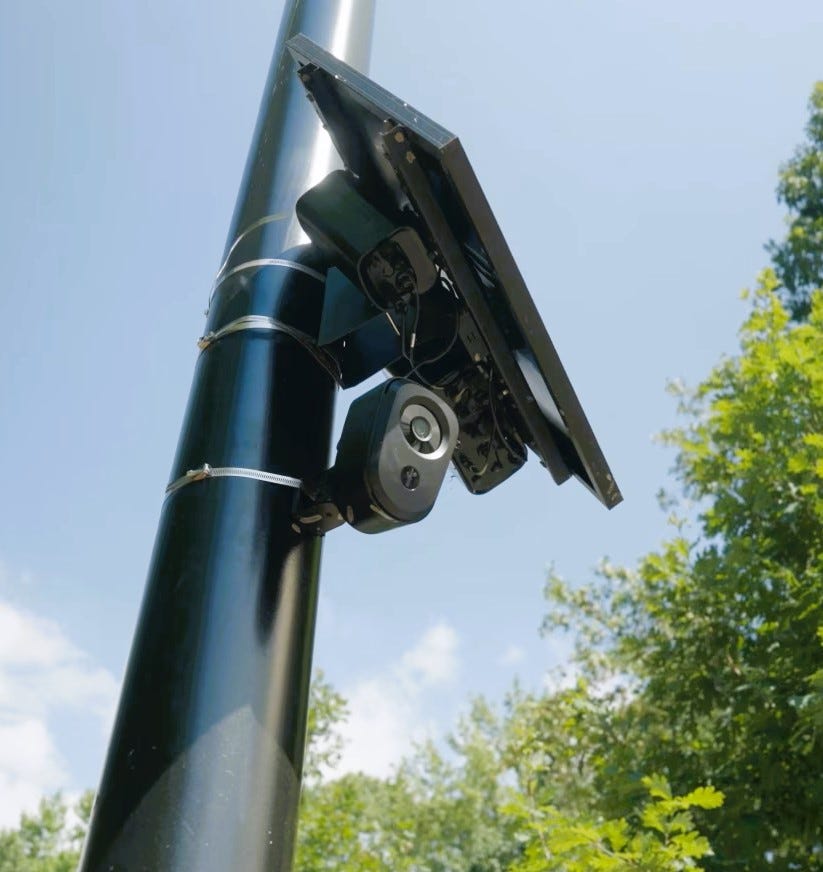
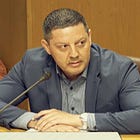

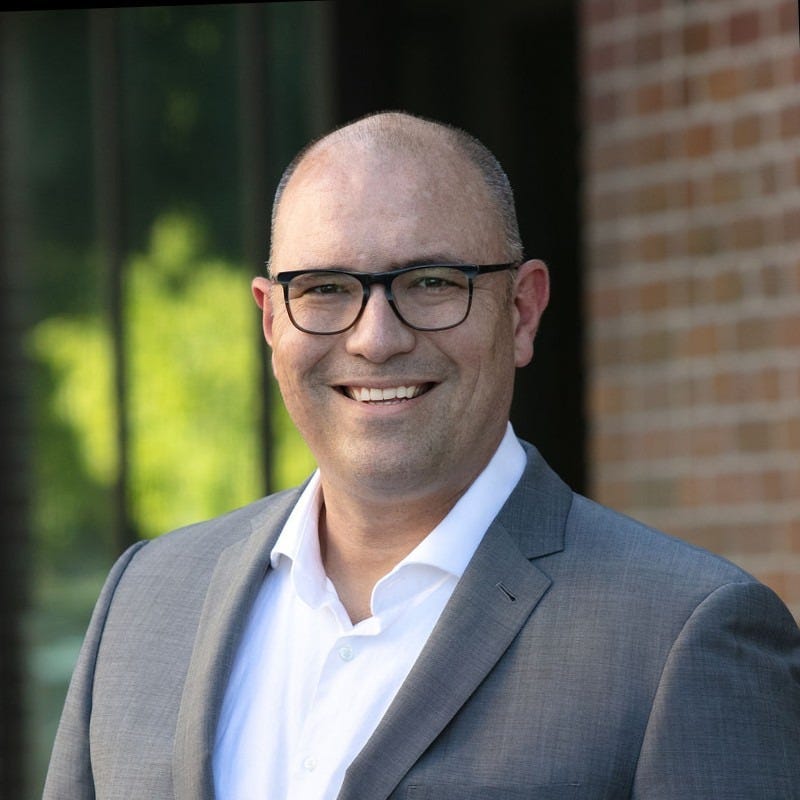

Sean, I am wholeheartedly in agreement with your assessment. As a former department head for the city, I served proudly under former City Manager Henry Gardner's leadership during a time when there was effective leadership, accountability and true concern for the responsibility to provide Oakland residents with high quality city services. The erosion didn't happen over night. It's been incremental and peaked first during the pandemic and then under former Mayor Sheng Thao.
And I also recall a time when commissions were fully functional and supported by professional staff. The prior comments about volunteers is respected. However, I disagree with the notion that any municipality should restrict the participation of volunteers to serve on commissions as they bring a level of representation and insight into needs on the ground that paid professionals cannot. They also bring much needed expertise.
The solution in my view is reflective of what we're seeing everywhere-the lack of accountability and a failure of citizens to demand better. Oakland is forever my home and in my heart. It deserves so much better.
Sean’s experience is convincing that these volunteer committees should be eliminated. Sean points out they accomplish nothing and to allow unpaid volunteers to interject themselves into matters for which Oakland has well paid professionals seems counterproductive. Old adage: You get what you pay for. Now it may well be that there are some/many unqualified professionals/appointees in city government who should be replaced, but that doesn’t justify having the many volunteer commissions that Oakland has.